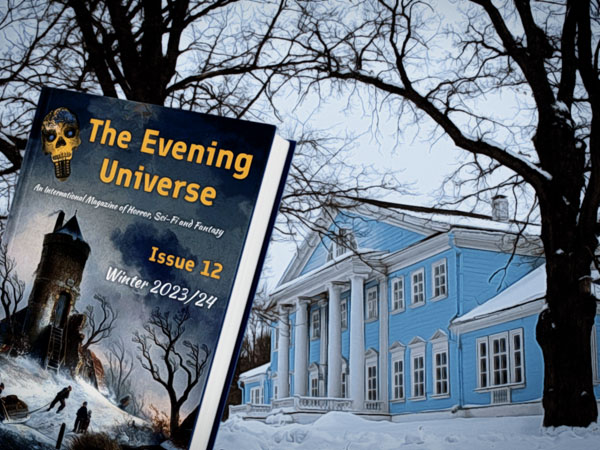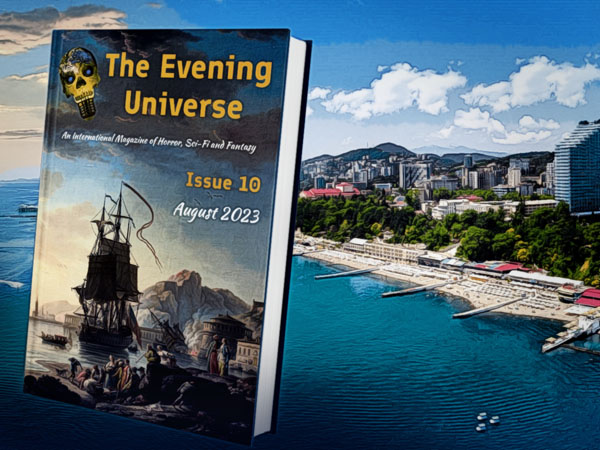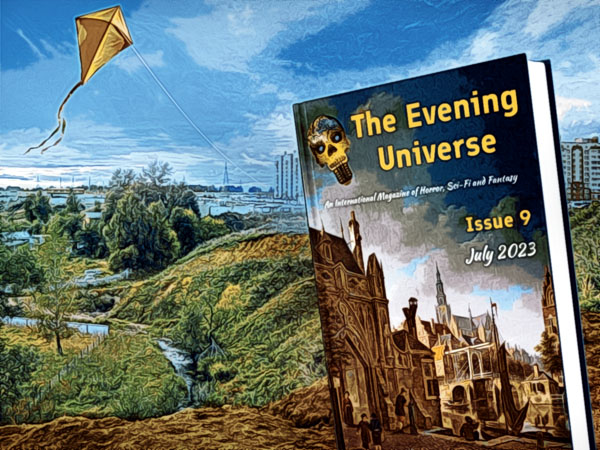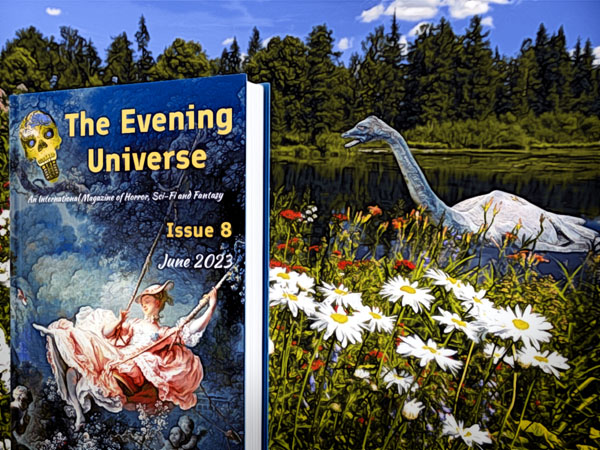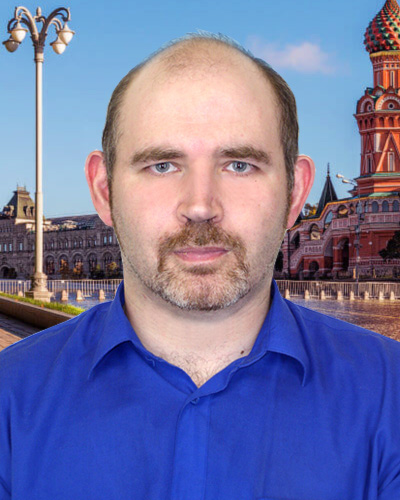
Once on the table, that porcelain cup fell into thinking. After being affected by a neural network field, she got some features that were completely uncharacteristic of her closest relatives. By the way, it happened quite by accident. A young scientist named Jim drank his coffee and put the cup near the emitter of neural network waves. There was something like a small enclosure for experimental animals. During his research, Jim usually placed several white mice inside, but this time he put her there because of his absent-mindedness. The cup did not miss her chance to become intelligent. Now she began to plan her next steps.
Of course, she could become heated to a high temperature right in her owner’s hands while he was enjoying his fragrant drink so that he would burn himself badly. The cup had no fear even of the possibility that Jim would drop her on the floor, because she has acquired incredible impact resistance. However, after thinking a little more, the cup realized that this was not enough for her. She wanted to do much more harm to the young scientist, but she still did not know how to do it. While he once again boiled water, the cup was bored and idle. Suddenly, an idea flashed into her mind—she needed to become hot so that Jim could not hold her in his hands. Then he would certainly put her somewhere, and she would be able to overturn herself and spill coffee not only on his pants, burning him severely, but on his lab coat too.
The cup’s best dream was to find herself next to Jim’s laptop or on his desktop computer’s system unit. In this case, she would have an opportunity not only to make a short circuit but also to ruin some expensive equipment—the thought excited her since she hated fiercely that kind of her neighbors lucky enough to do more important work than she was doing. Well, the cup could easily form a temporary crack in her bottom, so coffee would be spilled and everything would be turned upside down.
Finally the kettle boiled. Jim picked up the cup and filled her with piping hot water. She was biding her time. Having put some coffee into the water, the young scientist stirred the contents of the cup with a teaspoon and added some sugar. Everything went according to plan, and the she immediately began to heat herself up. After a few seconds, Jim could no longer hold the cup in his hands and placed her next to his laptop plugged into a power strip. She was full of anticipation. Everything went as well as possible. As Jim turned away to give his attention to the lab mice, the cup cracked and hot coffee spilled across the table, flowing into the laptop. The young scientist did not notice anything, being immersed in his research. When the cup was half empty, she felt that her goal was achieved. An electric discharge happened, and the laptop caught fire.
It was only then that Jim realized something was wrong. He turned around and uttered an inarticulate exclamation. His research database was stored on the hard drive of the burning laptop. Rushing to the power strip, he immediately disconnected it from the power source and grabbed the extinguisher from the wall. The foam put out the fire quickly, but the laptop was irreparably damaged. Glancing around the table, Jim immediately saw the culprit. It was obvious that the cup played a role in everything that happened. After pouring out the rest of the coffee, Jim examined her from all sides, but did not find the slightest crack. Then, without hesitation, he opened the trash can and threw the cup in.
She was happy—she began her life of an intelligent being very well. She pictured in her imagination much more destroyed equipment, grandiose cataclysms and other turmoil. The porcelain cup started its war against humanity.
January 22, 2023.

